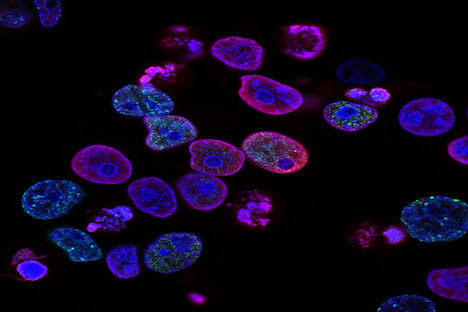Accelerating Protein Binding Affinity Predictions: Leveraging AI
Biotech • Freelance Project

Challenge
Predicting how small molecules interact with proteins is a critical step in drug discovery. In this project, I worked on predicting the binding strength between different chemicals and transthyretin, a protein involved in diseases such as amyloidosis. The goal was to develop a reliable model that could help researchers identify promising compounds faster and more efficiently, reducing time spent on trial-and-error testing.
Approach
I used advanced machine learning techniques to build a predictive model that analyzes molecular data. By focusing on key chemical properties, I was able to design a model that highlights the most important factors influencing how molecules bind to the protein. To ensure accuracy, I fine-tuned the model using various optimization techniques and selected the most relevant features to improve its performance.
Results
The model successfully predicted binding strength with a high degree of accuracy, allowing researchers to prioritize which compounds to investigate further. This solution provided faster, data-driven insights, streamlining the early stages of drug discovery. It demonstrated a significant improvement over earlier methods and highlighted specific molecular features crucial for binding affinity.
Future Plans
Looking ahead, the plan is to enhance the model by incorporating additional biological data and further refining its accuracy. This will help researchers not only predict binding affinity but also suggest how molecules could be modified to improve their effectiveness.
Expertise
As the lead on this project, I combined my expertise in machine learning and chemistry to deliver a solution that meets the needs of the research team. The tools and techniques I used are state-of-the-art and designed to ensure both reliability and scalability, contributing to more efficient drug discovery processes.